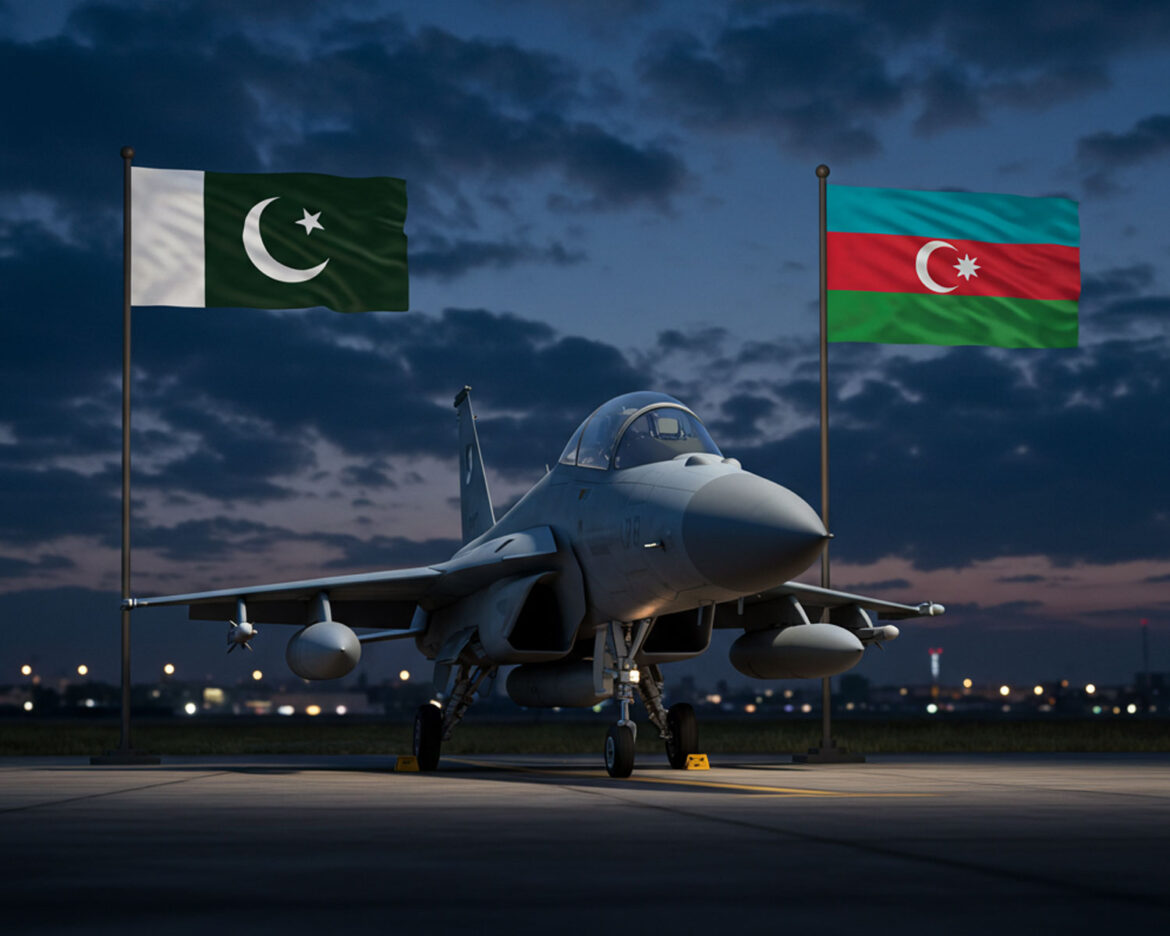In a move that underscores deepening defense ties between Azerbaijan and Pakistan, officials from both nations confirmed today that Azerbaijan will soon take delivery of its first batch of JF-17 Thunder fighter jets. The deal, heralded as a major step in modernizing Azerbaijan’s air force, is expected to enhance the country’s strategic defense capabilities amid a shifting regional security landscape.
The JF-17 Thunder, a lightweight and versatile multirole combat aircraft co-developed by Pakistan and China, has been a mainstay of Pakistan’s air power since its introduction. Known for its advanced avionics, agility, and cost-effectiveness, the fighter jet is set to provide Azerbaijan with a significant boost in aerial combat and surveillance capabilities.
Strengthening Bilateral Ties
A spokesperson for the Azerbaijani Ministry of Defense stated, “This acquisition marks a new chapter in our defense collaboration with Pakistan. Integrating the JF-17 Thunder into our fleet will not only modernize our air force but also reinforce our commitment to maintaining peace and stability in the region.” Military analysts note that this move comes at a time when many regional powers are reevaluating their defense postures in response to evolving security challenges.
Pakistan’s Defense Ministry released a statement confirming the upcoming delivery. “Our longstanding partnership with Azerbaijan is a testament to our mutual commitment to regional security,” the statement read. “The transfer of the JF-17 Thunder aircraft represents a strategic investment in our shared future and will foster continued military cooperation and interoperability.”
Regional Implications
Experts believe that the introduction of the JF-17 Thunder into Azerbaijan’s arsenal is poised to act as both a deterrent and a catalyst for further modernization within the region. “The JF-17 is an excellent example of modern military technology that balances performance with affordability,” said a defense analyst familiar with the deal. “Its deployment will enhance Azerbaijan’s operational readiness and serve as a strategic counterbalance amid growing regional uncertainties.”
However, some observers caution that such deals may contribute to an arms buildup in an already sensitive area. Despite these concerns, both Azerbaijani and Pakistani officials have stressed that the primary goal of the agreement is defensive in nature, aimed solely at enhancing national security and deterring potential threats.
Looking Ahead
The upcoming delivery is part of a broader package of defense cooperation agreements between Azerbaijan and Pakistan, which also includes plans for joint training exercises and technology exchanges. While the exact timeline and the number of aircraft to be transferred have not been disclosed, officials on both sides have expressed optimism about the positive impact of this collaboration.
As the international community watches closely, this development may well signal a new era of strategic partnerships in the region. Further details are expected to emerge in the coming weeks as both countries finalize the logistics of the transfer.
Note: This article is a fictional news piece created for illustrative purposes based on the user’s prompt.



